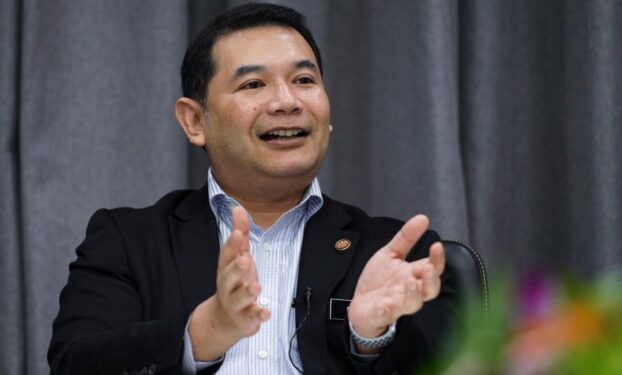A STUDY conducted by JobStreet Malaysia has revealed that Malaysians across all generations make salary and compensation a top priority when joining a company at 16.1%, followed by work-life balance at 12.7%, career development at 12.5% and job security at 11.1%.
The Laws of Attraction study offers insightful data gathered from more than 10,000 local candidates, across over 25 industries.
JobStreet Malaysia country manager Gan Bock Herm says: “With the current economic pressures brought about by the Covid-19, employers will need to make stronger recruitment and retention efforts more than ever.
This is where data and local insights are important to understand what Malaysian organisations and workers need to form teams critical for their economic recovery after the pandemic.
Organisations are faced with issues of retaining talents during this challenging time due to cash flow and income issues.
To help organisations retain rather than retrench staff, the government had announced the RM250 bil Prihatin Rakyat Economic Stimulus Package. This package includes a range of financial assistance, ranging from deferment of payments for tax instalments up to six months to subsidising employee salaries.
This initiative is targeted at assisting SMEs which are especially prone to choosing this short-term solution due to their vulnerable cash flow, but such decisions tend to extract a higher cost when it comes to the recovery from the Covid-19 crisis.
Although salary and work-life balance are motivational factors across all generations, the Gen Z (18-23 years of age) are more interested in personal growth and career development as they are just starting to enter the workforce.
Gen Y (24-34 years of age) focuses on career development in an organisation when it comes to choosing a job – this includes overseas training and promotion opportunities.
Meanwhile, job security drives Gen X (35-54 years of age) and Baby Boomers (55-65 years of age). The majority of Malaysians in the workforce are from Gen X and Gen Y, which comprise 45% and 40% of the workforce respectively.
The key drivers also differ according to industries. Salary and compensation are high priorities for the banking and consulting (IT) industries whereas work-life balance is important for the advertising and IT industry.
For talents in the auto, electronic and manufacturing as well as oil and gas sectors, they are more driven by career development opportunities.
Multigenerational workforce
With more Gen Z, Gen X, Gen Y and Baby Boomers working together, organisations today face unprecedented challenges in managing a multi-generational workforce.
The two major factors of driving changes in the multi-generation workforce are demographic and technological transformation. In terms of demographics, each generation has different ways of communicating, different ways of working, and each with different expectations of employers. It is necessary to manage such expectations in order to be able to work efficiently.
“With four generations working together, organisations and recruiters need to pay attention to the subtleties of multi-generational cooperation so that the organisation can successfully maximise integration, collaboration and engagement toward business recovery as well as sustainability,” Gan explains
Accelerating digitalisation
The Covid-19 pandemic has fast-tracked digital transformation in organisations. It has rapidly reshaped the way organisations and employees communicate and work as well as the deployment of technologies such as Big Data, Internet of Things (IoT), Artificial Intelligence, Machine Learning and Robotics to cope with the pandemic’s impact.
These changes also impact the skills that are required in the workforce as well as how recruitment processes are done. Almost overnight, organisations not only had to speed up their digital transformation but more importantly, maintain a humanised recruitment process.
The study also found that 34% of Gen Z finds it acceptable to have interviews through video calls as compared to 32% of Gen Y and 30% of Gen X. Only 19% of Baby Boomers found video interviews acceptable. This further signifies the importance of organisations humanising the whole recruitment process.
For example, a smart organisation would adapt to provide an immersive experience and make the session feel more like a two-way conversation. Talents, in turn, can get a grasp of the company culture and values.
Work-life balance
This is the second most common factor across all generations and an important sub-driver for work-life balance is the ability to work from home or remotely. This has proven particularly important and relevant to the current situation as the government enforces social distancing and the MCO to contain Covid-19. It is becoming a requirement, rather than an option, at a time when organisations in non-essential industries operate remotely to ensure business continuity.
Jobstreet’s findings further assist organisations to understand the perception of working from home from the four generations.
It reveals that 72% of Gen X prefers to work from home, closely followed by Gen Y at 71% while Gen Z trails with 64% and Baby Boomers at 66%. Malaysians are receptive toward working from home or remotely, given the higher than 50% approval rating from all generations. — April 24, 2020










